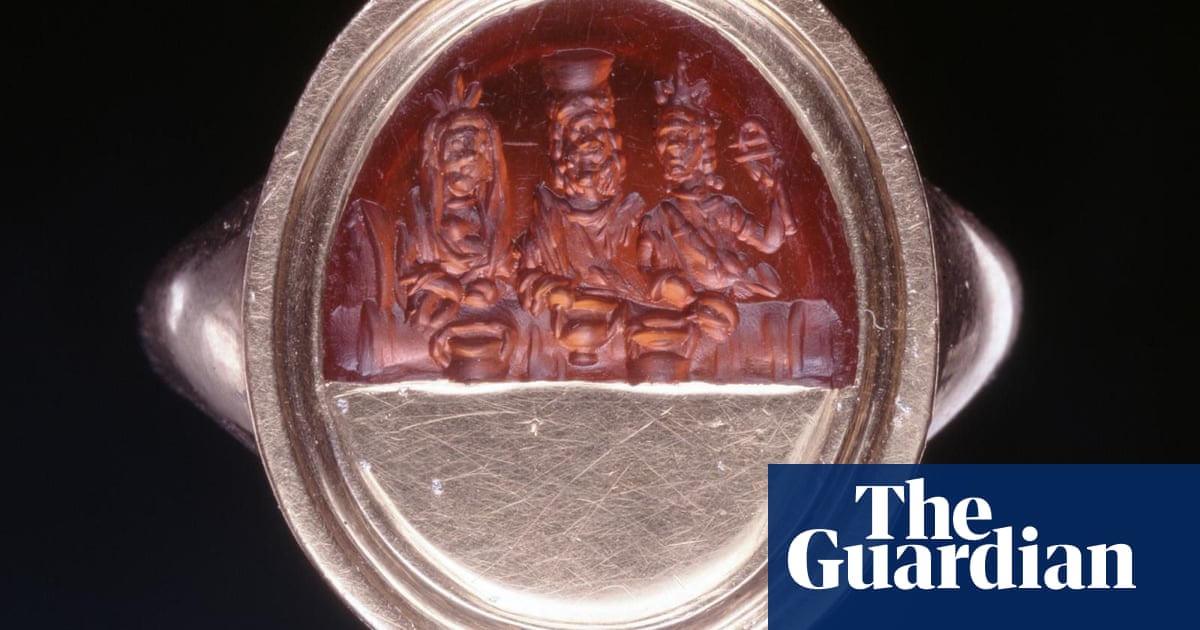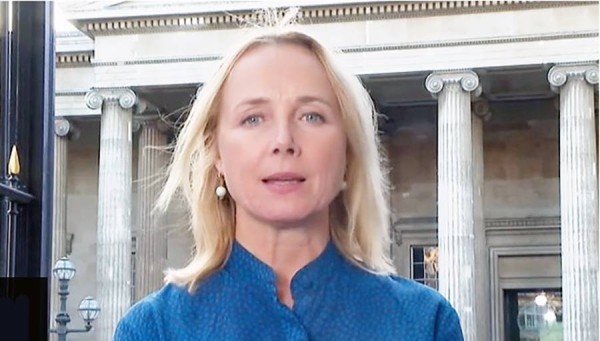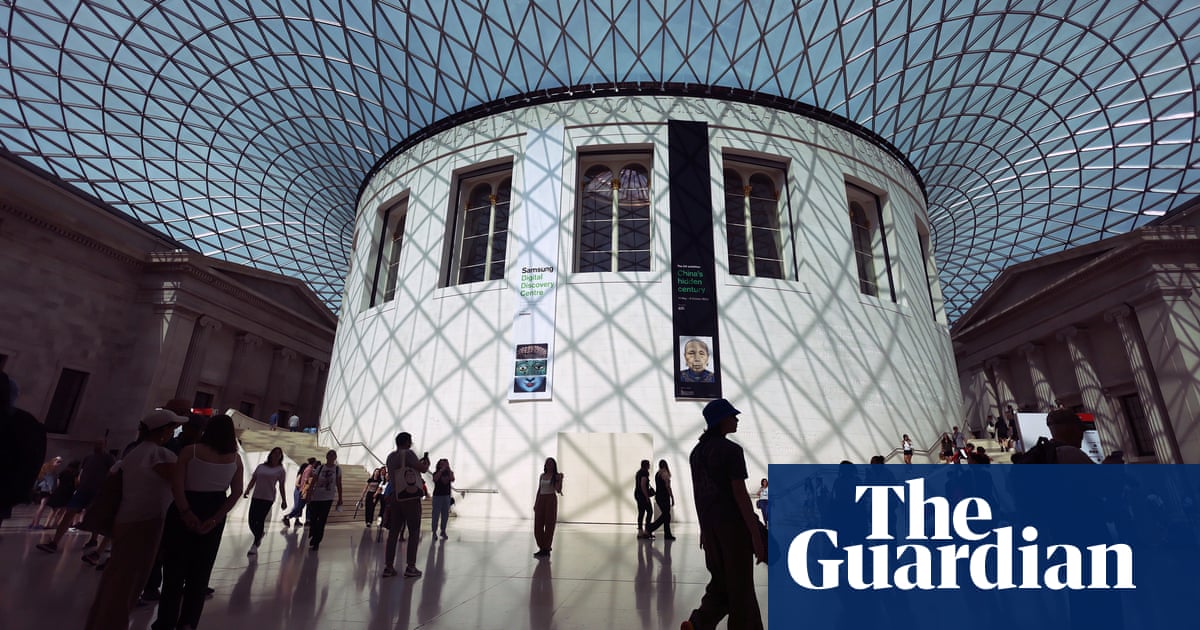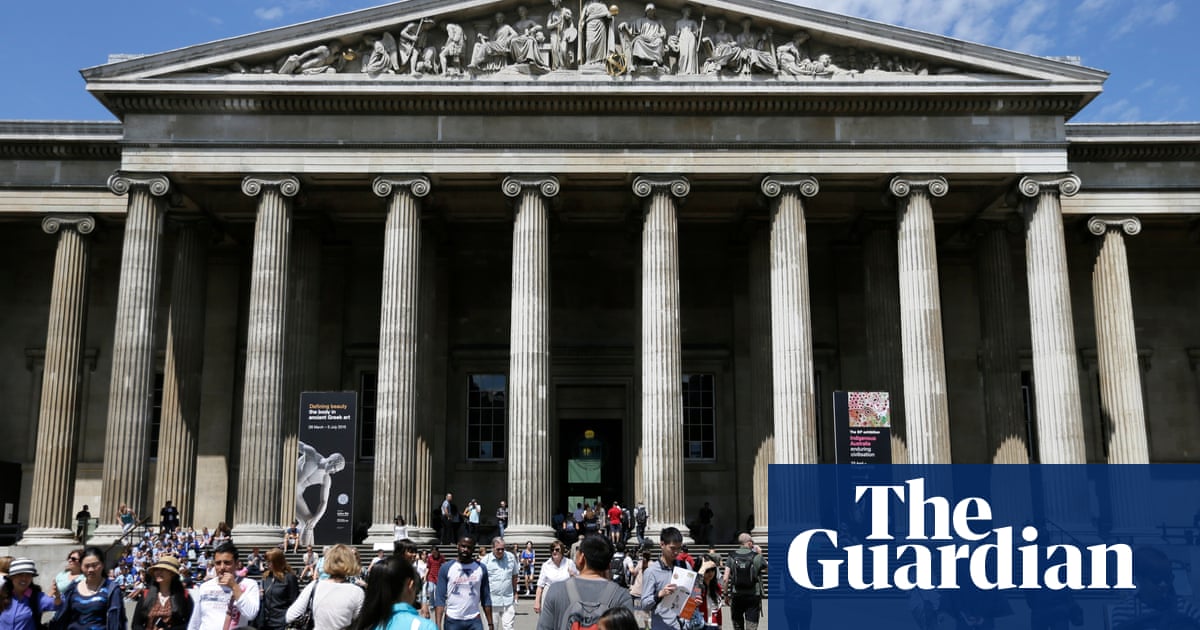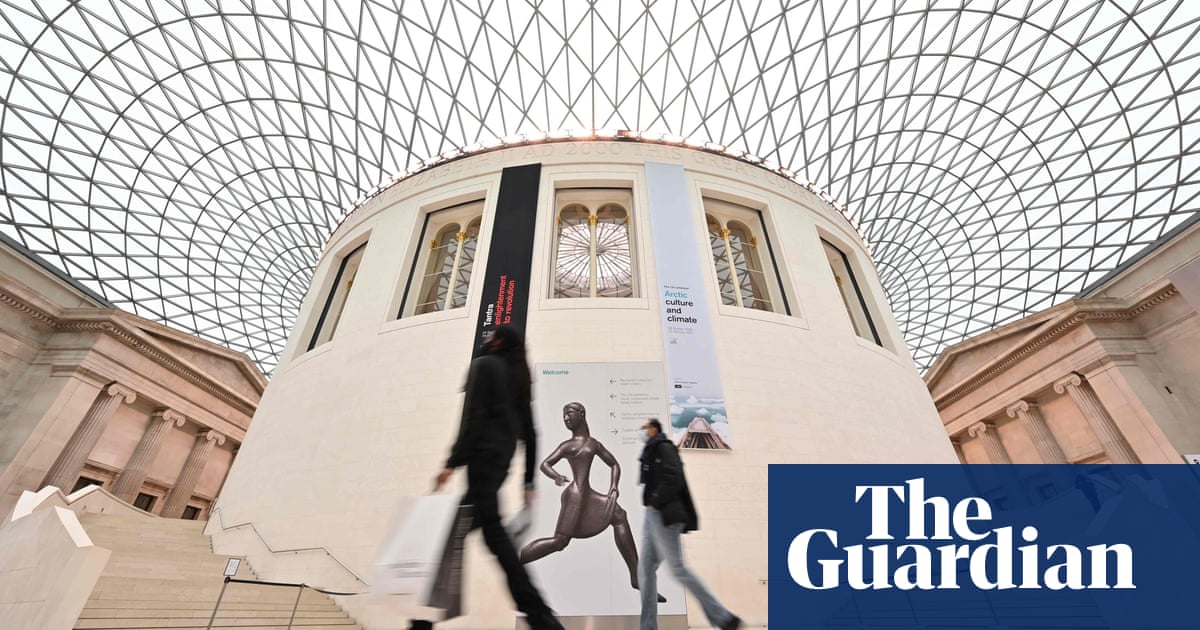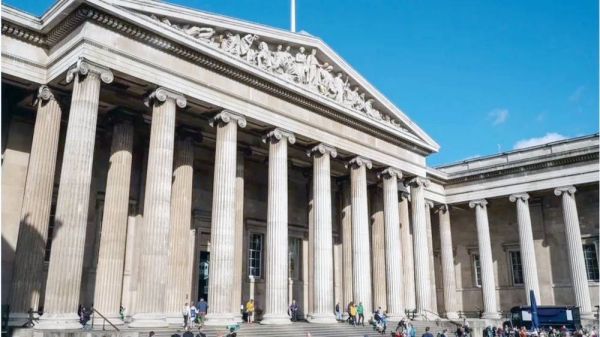
The British Museum in London has sacked a member of staff and police are investigating after treasures were reported “missing, stolen or damaged”.
Items including gold, jewelry and gems of semi-precious stones were among those missing from the museum, one of the UK’s largest tourist attractions.
The majority of the items were kept in a storeroom, the museum said.
British Museum director Hartwig Fischer said the museum would “throw our efforts into the recovery of objects”.
He added: “This is a highly unusual incident. I know I speak for all colleagues when I say that we take the safeguarding of all the items in our care extremely seriously.”
Legal action will be taken against the staff member who was fired, the museum added.
The Economic Crime Command of the Metropolitan Police is investigating but no arrests have been made. The British Museum has also started an independent review of security.
George Osborne, chair of the British Museum, said: “The trustees of the British Museum were extremely concerned when we learnt earlier this year that items of the collection had been stolen.”
He added: “We called in the police, imposed emergency measures to increase security, set up an independent review into what happened and lessons to learn, and used all the disciplinary powers available to us to deal with the individual we believe to be responsible.”
Fischer added the organization had “brought an end to this”, and was “determined to put things right”.
None of the items, which dated from the 15th Century BC to the 19th Century AD, had recently been on display, and were kept primarily for academic and research purposes, the museum said.
The museum’s independent review will be led by former trustee Sir Nigel Boardman and Chief Constable Lucy D’Orsi, of British Transport Police.
They will provide recommendations regarding future security arrangements and start “a vigorous program to recover the missing items”, according to the museum.
Sir Nigel said: “It will be a painstaking job, involving internal and external experts, but this is an absolute priority, however long it takes, and we are grateful for the help we have already received.”
The Bloomsbury-based attraction sees more than six million people visit it each year.
Its collection spans six continents and two million years of history, including the Parthenon sculptures, also known as the Elgin Marbles — the fate of which is the subject of much discussion. — BBC




